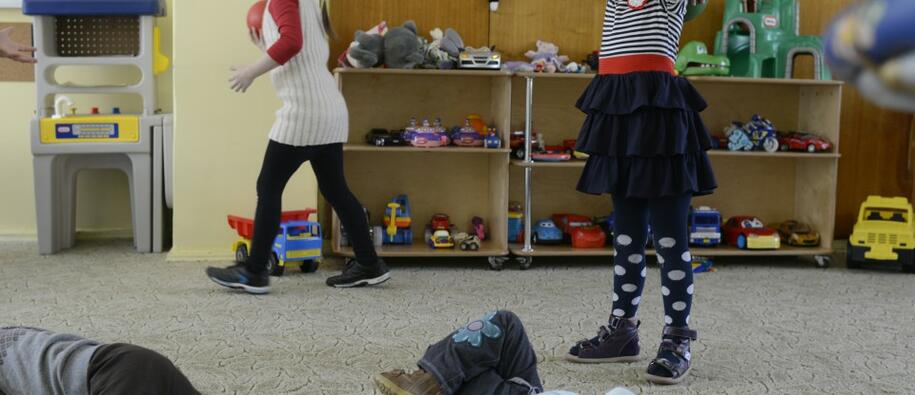Currently available funding
There are currently no calls for proposal.
Programme Summary
Why is the programme needed? Studies and evaluations have pointed out shortages in the current Estonian support system for children and families: poor coordination between government and local agencies; lack of effective measures targeted at supporting children and their families and community based crime prevention; low capacity of local governments and lack of skills of specialists to detect children and youth at risk and support them; shortages related to children’s growing environment and parental support; problems occurring in school and youth work system; lack of support to children with risk behaviour, including lack of aftercare for juvenile offenders placed in institutions. What will the programme achieve? The programme is aimed at preventing risks and improving the well-being of children and youth. Programme outputs can be divided into three main directions: • Creating a legal and organisational framework and structures to support children and families. • Supporting and empowering professionals dealing with children at risk in multiple institutions (municipalities, governmental and non-governmental organisations (NGOs), educational, correctional, welfare and youth work institutions, etc.). • Provision of high quality and knowledge-based interventions to children, young people and families to support parenting skills, to prevent early school drop outs, juvenile delinquency and re-offending behaviour. How will it be achieved? The programme strategy has been planned based on the principle that reducing the risks of children and youth require preventive, knowledge-based and systematic cross-sectorial approaches on different levels (local, regional and state). The seven outputs planned in the programme cover the drawbacks occurring in the social, educational and justice sector (linking child protection, kindergartens, schools, youth centres, youth work and correctional institutions). Main activities of the programme are: • Developing an integrated system for supporting children and youth; • Analysing support for children and youth on local level; • Developing and implementing inclusive educational organisation model; • Increasing the capability of youth organisations and youth work organisations in order to involve children and youth at risk; • Developing and implementing intervention strategies for children and youth at risk in formal education system; • Implementing a parenting programme; • Implementing a family-based programme for juvenile offenders; • Implementing community-based crime prevention measures; • Offering aftercare to incarcerated youth both in prisons and special schools. How will bilateral relations be strengthened? High attention is paid to bilateral relations with the Norwegian Association of Local and Regional Authorities (KS) actively involved as a donor programme partner and cooperation is strengthened at project level with other Norwegian partners such as the Directorate for Children, Youth and Family Affairs. What are the partnership opportunities? The programme operator will promote the implementation of individual projects in cooperation with Donor State entities. Who can apply for funding under this programme? Entities registered in Estonia and certain intergovernmental organisations are eligible as project applicants.
